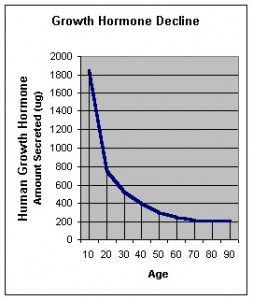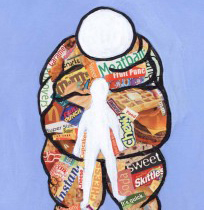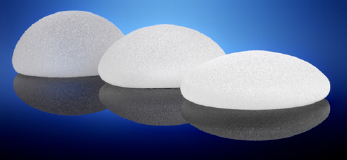The proper functioning of our body is partially due to the effect of hormones. They are chemical messengers that allow for stimulation, regulation, and control of the different organ systems in the body and are produced and released by specialized cells in our glands. The natural decline in levels of human growth hormone (HGH) as we get older can result in premature aging, loss of lean body mass, lower levels of energy, and many other aging-related symptoms. HGH is responsible for stimulating tissue repair, cell replacement, and brain and enzyme functions. HGH supports continued growth of the body until adulthood and also plays an important role in keeping metabolism efficient.
A study of 12 men who received HGH injections for 6 months was published by Dr. Daniel Rudman in the New England Journal of Medicine in 1990. This report measured lean body mass, adipose or fat mass, and lumbar spine bony density. Muscle strength, exercise endurance, and quality of life were not assessed. As a result of this early, limited study, an entire industry was borne that claimed aging can be reversed by using HGH. A subsequent study in 1996 by MA Papadakis of 52 healthy men with an average age of 75 showed improved body composition with an increase in lean body mass and a decrease in fat mass but no improvement in functional ability and increased frequency of side effects with use of HGH.
Hormone levels are constantly fluctuating and are tightly regulated by the body to maintain the proper balance. Altering this highly intricate mechanism of regulation by adding supplements, especially without appropriate medical supervision, can have unintended consequences.
Synthetic HGH, prescribed and administered by some doctors in the form of injections, has been claimed to increase bone density and muscle mass, smooth out wrinkles, improve sexual performance, and increase weight loss. The potential dangers of these injections include headaches, fluid retention leading to heart failure, insulin resistance, and gynecomastia (male breast enlargement). Long term use may result in acromegaly (overgrown and elongated bones), carpal tunnel syndrome, arthritis, and diabetes.
HGH injections can cost more than $15,000 annually, are potentially dangerous, and may suppress the natural production of HGH by your body. A better alternative would be to practice high anaerobic exercise to lose body fat and gain muscle strength both safely and inexpensively. The human body has the natural ability to combat aging-associated weight gain by producing HGH; it just takes effort to release it. High intensity strength training is the primary method for generating HGH in the body. In addition, adequate sleep is also important in order to create HGH. Studies show that growth hormone is produced during the later stages of sleep at night and a decrease in the hours you devote to sleeping can result in a decline in HGH production. Being under constant stress can also result in a decline in HGH production.
According to a July 2010 report from the National Institute on Aging, a leading federal agency for aging research,“to date, no research has shown that hormone replacement drugs add years to life or prevent age-related frailty”. Until more is understood about HGH supplements, caution would be the prudent approach. Falling prey to unsubstantiated claims can be avoided by researching the science and ignoring the hype.
Tags: Aging, anti-aging
Written by Dr. Forley on November 13, 2011





